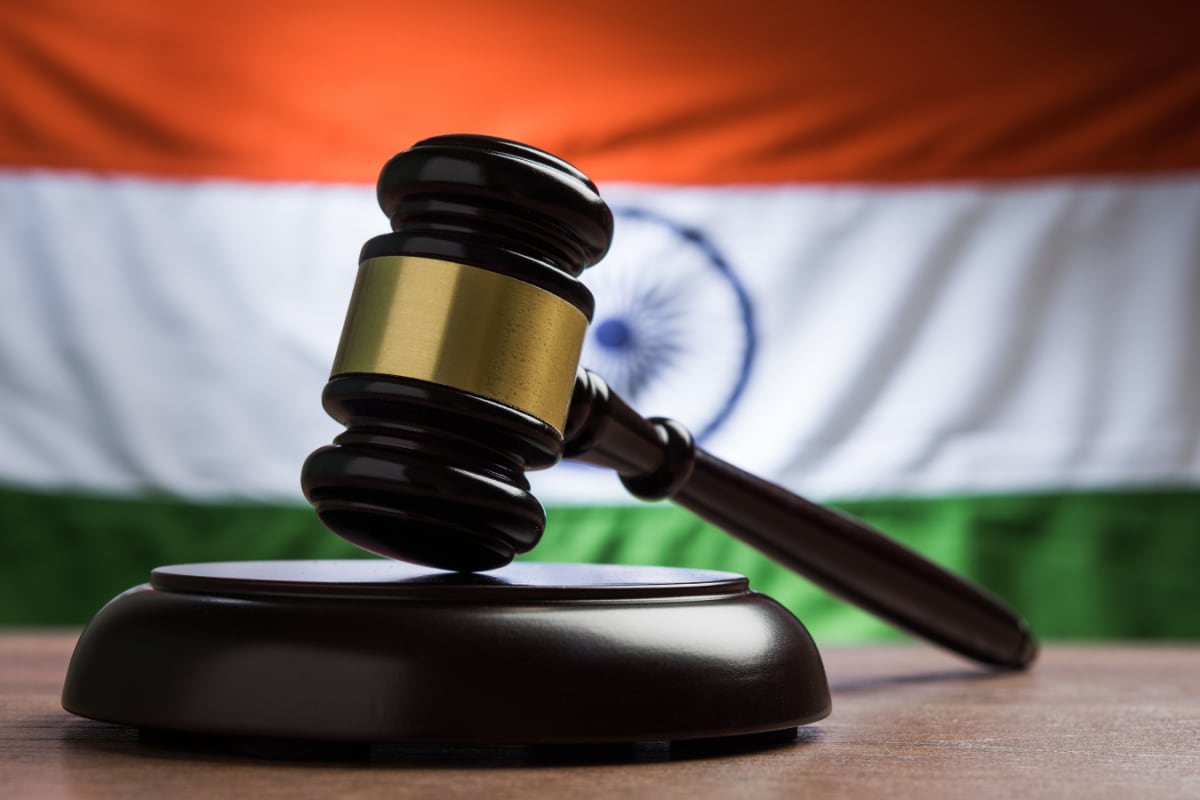

The Allahabad High Court has recently addressed the scope of freedom of speech and expression in relation to remarks made against high-ranking government officials, particularly the Prime Minister. The court has made it clear that while the Constitution guarantees freedom of speech to all citizens, this right is not absolute and does not extend to hurling abuses or making derogatory remarks against the Prime Minister or other ministers.
In a recent case, the Allahabad High Court refused to grant bail to a man accused of posting objectionable content on social media against the Prime Minister of India and the Indian Armed Forces. Justice Arun Kumar Singh Deshwal stated that freedom of speech does not stretch to acts of disrespecting high dignitaries and creating disharmony among citizens. The court observed that it has become a "fashion among certain groups of people" to misuse social media by making unfounded allegations against high dignitaries, posting material that creates disharmony and hatred among people.
The case involved an accused who allegedly posted content showing Prime Minister Narendra Modi next to a donkey pulling a cart with an aircraft, and also depicted him apologizing to Pakistan. The post also allegedly showed an Indian Air Force officer sitting with Pakistan's Army Chief and claimed that PM Modi was running from a Pakistani missile. The court found that the nature of the posts showed disrespect not only to the Prime Minister but also to the Indian Military and its officers, leading to the denial of bail.
In a similar case from 2022, the Allahabad High Court refused to quash an FIR against one Mumtaz Mansoori of Jaunpur, who had been booked for making derogatory remarks against PM Narendra Modi, Home Minister Amit Shah, and other ministers on social media. The court stated that freedom of speech does not extend to hurling abuses or making derogatory remarks against any citizen, much less the Prime Minister or other ministers. Mansoori had been booked under Section 504 IPC (intentional insult with intent to provoke breach of peace) and Section 67 of the IT Act (punishment for publishing or transmitting obscene material in electronic form).
Another case involved Ajeet Yadav, who was charged under various sections of the Bharatiya Nyaya Sanhita (BNS) for social media posts that allegedly insulted and vilified the Prime Minister and posed a threat to national unity. The court dismissed Yadav's petition to quash the FIR, stating that such online expression, especially involving scurrilous language against constitutional authority, could not be condoned. The court emphasized that emotions cannot justify disrespect towards constitutional authorities and that freedom of speech must operate within the bounds of constitutional decency.
These cases highlight the Allahabad High Court's consistent stance that while freedom of speech is a fundamental right, it is subject to reasonable restrictions, especially when it comes to maintaining public order, decency, and respect for constitutional institutions and leaders. The court has made it clear that using abusive or derogatory language against the Prime Minister or other high-ranking officials is not protected under the umbrella of free speech.